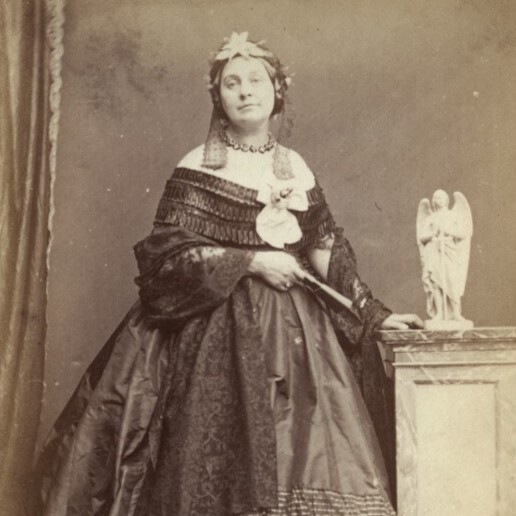I do not love thee!—no! I do not love thee!
And yet when thou art absent I am sad;
And envy even the bright blue sky above thee,
Whose quiet stars may see thee and be glad.
I do not love thee!—yet, I know not why,
Whate’er thou dost seems still well done, to me:
And often in my solitude I sigh
That those I do love are not more like thee!
I do not love thee!—yet, when thou art gone,
I hate the sound (though those who speak be dear)
Which breaks the lingering echo of the tone
Thy voice of music leaves upon my ear.
I do not love thee!—yet thy speaking eyes,
With their deep, bright, and most expressive blue,
Between me and the midnight heaven arise,
Oftener than any eyes I ever knew.
I know I do not love thee! yet, alas!
Others will scarcely trust my candid heart;
And oft I catch them smiling as they pass,
Because they see me gazing where thou art.
Published:
1829
Length:
Regular
Literary Movements:
Romanticism
Anthology Years:
2024
Themes:
Love & Relationships
Literary Devices:
End Rhyme
when a poem has lines ending with words that sound the same
Quatrain
A stanza made of four lines.
Rhyme
correspondence of sound between words or the endings of words, especially when these are used at the ends of lines of poetry
Transferred Epithet
When an adjective usually used to describe one thing is transferred to another.

